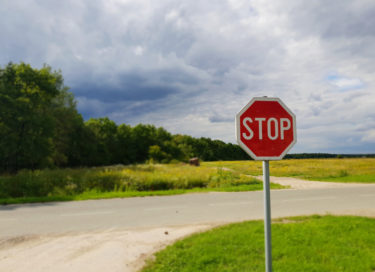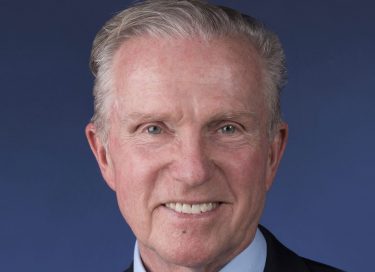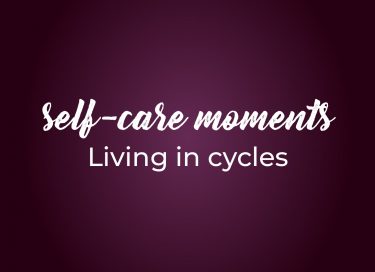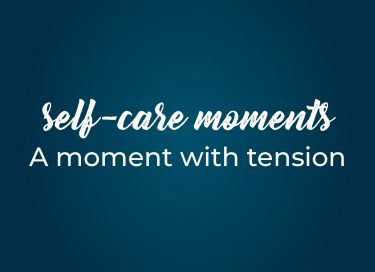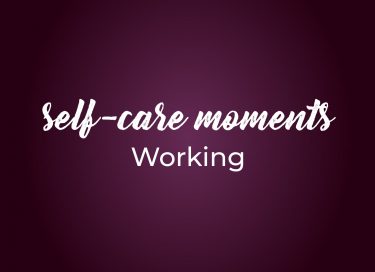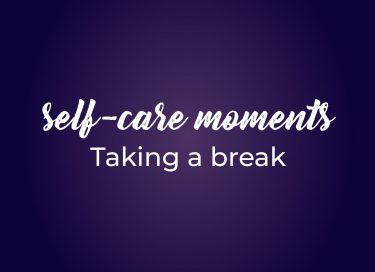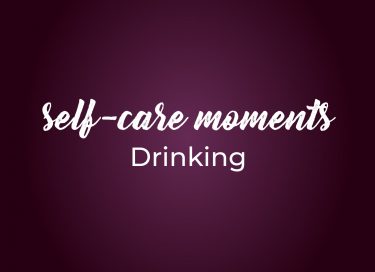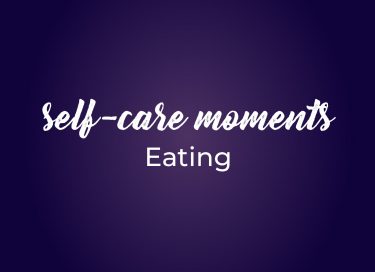Doctor Wellbeing
Western medicine is the modern model of healthcare, but is it supporting our collective wellbeing?
The roots of medicine are ancient, going back to the time of Hippocrates and Plato and beyond, to a time when physicians were healers, scientists, philosophers and deeply religious people, who cared for the whole health and wellbeing of themselves and those they lived to serve.
Why are the rates of illness and disease rising?
Why are people getting sicker at earlier and earlier ages?
Why are we seeing a rise in lifestyle related diseases when we know what is causing them and therefore how to deal with them?
And why are so many practitioners being harmed in and by their practice of medicine?
Is the very evidence-based knowledge that we revere, something that we are applying to ourselves, when it comes to lifestyle-related diseases?
Evidence-based medicine on its own is clearly not enough, and there is more to the practise of true medicine, which is an art, as well as a science. For medicine to be healing, it needs to be practised with love and care, for our patients and for ourselves.
Current reports about the levels of depression, anxiety, burnout and exhaustion among doctors, and the heartbreaking stories of doctor suicides, have forced us as a profession to take an honest look at our own health and wellbeing.
We are not superhuman, but we try to live and work as if we are superheroes, and working and living like this takes its toll on ourselves, our loved ones and our patients. Perhaps it is time to accept that we are human, that we are imperfect, that we are affected by everything we see, feel and live, and to start treating ourselves as the precious, tender beings that we innately are.
This could be the beginning of us returning to live with a true quality of wellbeing where we wake up feeling vital, full of energy and enthusiasm for our work and for the day – instead of the suffering, distress, hardship, and physical and mental illness that many of us are now experiencing.
Imagine the joy, productivity and quality of care of a medical profession that lived in a way that developed that quality of true wellbeing. This is not idealistic – we felt this way as children and we can return to it again – and it is achievable by making simple changes in our lives.












